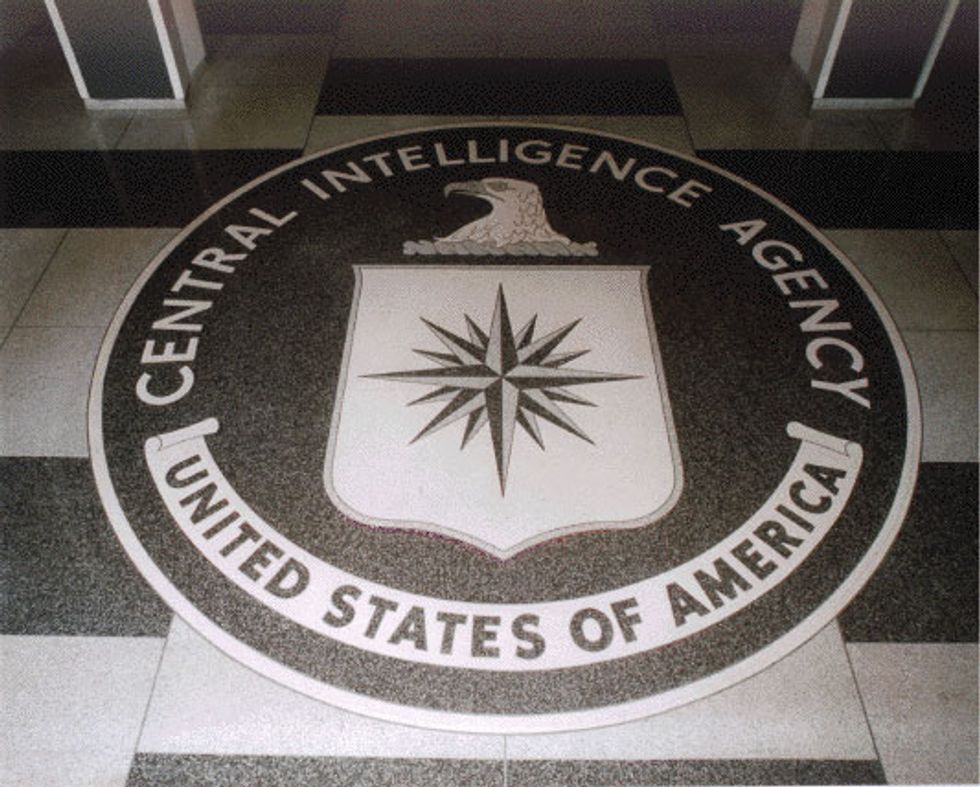Last Tuesday, the Senate Intelligence Committee released their report on the Central Intelligence Agency’s usage of Enhanced Interrogation Techniques (EIT) on terrorist suspects after 9/11 that ended in 2009 when the Obama administration deemed that such practices did not reflect the values of the United States. On Thursday, the same week the CIA Director, John Brennan, held a press conference to address the report and the agency's conduct regarding the use of EITs. Meanwhile, the Obama administration is not shying away from the release of the report nor has it made any statement or action requesting for the resignation of the director. With the release of the report, one must ask: Why now? Also, what action, if any, should be taken? If nothing is to become of this, what are the consequences of the release of the report?
Listening to the director's speech addressing the report, the word torture was never used. Instead he referred to the method in question, which has been legally vetted, as Enhanced Interrogated Techniques. The United States prides itself on the idea that we do not torture. But the exact definition of the methods in question is where the problem arises, because if indeed these methods are considered torture, that would call for judicial investigation, which President Obama is not pursuing. However, when Obama first came into office, the CIA immediately stopped the usage of this method by the order of the President. Although there was a select committee to look into the CIA activities on terrorist suspects, no legal punitive reprimand or charges were formally made.
According to the Bush Administration and those who provided the provision of conducting the interrogations, the administration was careful in reaching out for legal approval. The techniques were vetted and approved by the Justice Department, and any reasonable person can conclude that the parameter and guidelines of the methods did not meet the criteria or standards of torture, which may sound like this was done in an attempt to just fall short of torture. Nevertheless, this leaves the question: Was the program that the CIA used on terrorist suspects legal? One can give a strong case on how the methods used were torture, but until the judicial, executive, or legislative branch is willing to pursue a criminal investigation, then the legality of the method prescribed in the program is valid and legal. So what is the fuss about releasing the report?
Since the release of the report, several United States Embassies have heightened security in response to possible retaliation. Another consequence of the release of the report is the standing of the United States, which President Obama was worried about. The United Nation has requested the agents involved with going outside the boundary of the EITs be brought forth for international criminal charges, which puts the United States in an unfavorable situation. Neither the President nor anyone in government is likely to allow federal agents to be handed over to face scrutiny from the international community. It just does not look good for the United States ... whatever the intent was behind releasing the report, the outcome seems undesirable.























